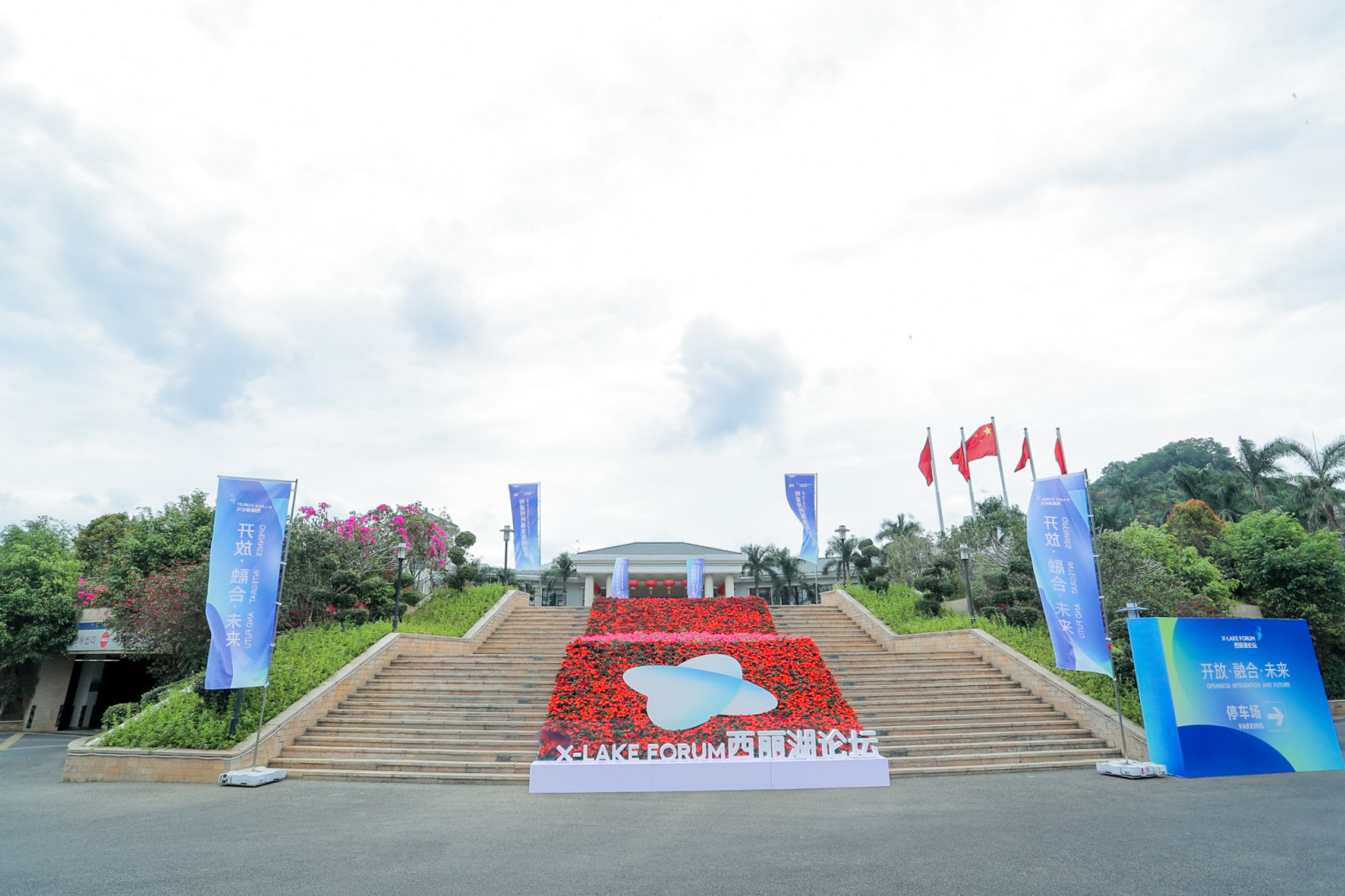
The Enterprise Science & Technology Innovation Development Forum?is one of the 13 parallel events of X-Lake Forum, which has gained?global?influence. (PHOTO:?Organizing Committee)
By?CHEN?Chunyou
Experts from various research institutes and enterprises, recently shared their insights on the digital future, and discussed the revolutionary impact of next-generation information technology on production and living.
The gathering took place at the Enterprise Science & Technology Innovation Development Forum, held in Shenzhen on March 24, which set its focus on the integration of the digital economy and real economy to promote high-quality development.
Delegate Liu Huanbin, a professor at the South China University of Technology, promotes this focus. The high-quality growth of enterprises can be achieved through the integration of the digital economy and real economy, he said, noting a key to achieving this integration is to combine the next-generation information technology with enterprises' production technology and experience, which requires cross-border collaborative innovation.
Meanwhile, Chen Zhijie, academician of the Chinese Academy of Engineering and executive vice president of Federation of Guangdong Academicians, said that Tencent and Huawei have applied leading-edge technologies to traditional industries, such as cultural relic preservation and industrial processes, helping them to generate greater productivity.
Liu added that many difficulties need to be resolved, like how to send all data of an enterprise to the digital cloud space, so that they can be shared at the same frequency and achieve efficient collaboration, and how to develop better process Al models that meet the needs of various industries with the rapid development of AI technology.
Shan Libo, director general of China Center for Promotion of SME Development affiliated with the Ministry of Industry and Information Technology, said small and medium-sized enterprises are still facing challenges in promoting digital transformation due to a lack of solid foundations, digital equipment, and talent resources.
Harsh as the facts are, they are actually a blessing in disguise, which means there is huge room and potential to accelerate the development of the digital economy by applying next-generation information technology, said Shan.
Simulation and digital twin technologies would be very promising in the future, said Chen Shiyi, academician of the Chinese Academy of Sciences and president of the Eastern Institute for Advanced Study, noting that they can be used to replicate the physical world through computing power, and can help intelligent manufacturing, and simulate disaster scenarios and city management during disasters.
Large language model, "Huashan", specifically applied in the aerospace field for the first time, was launched at the 2024 China Satellite Application Conference.
